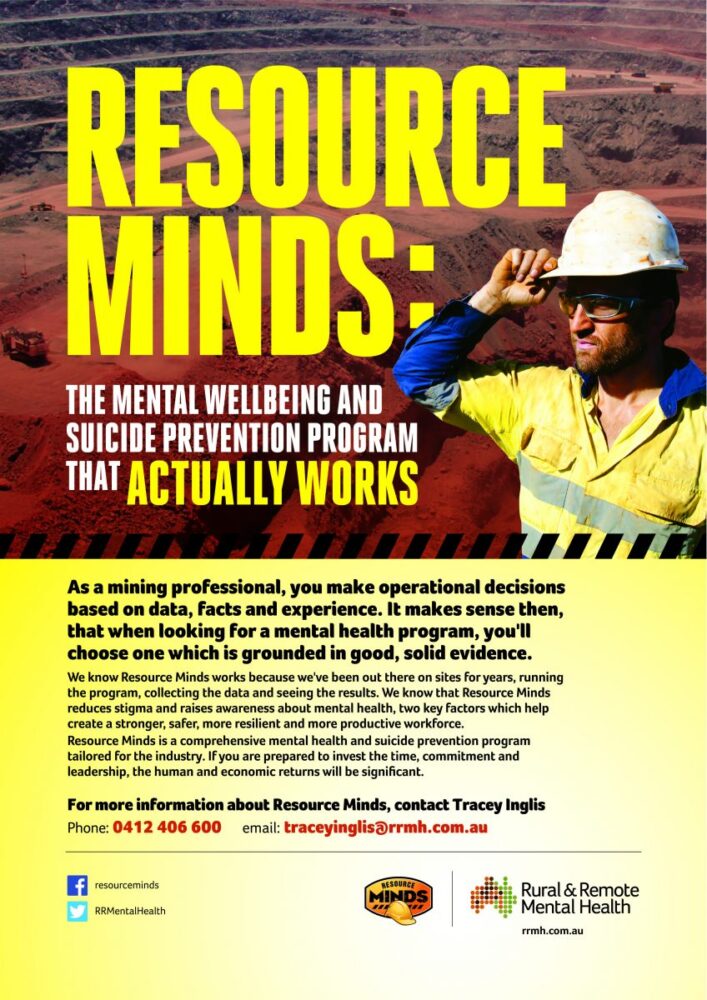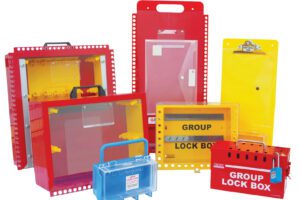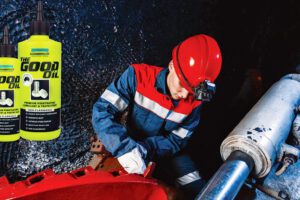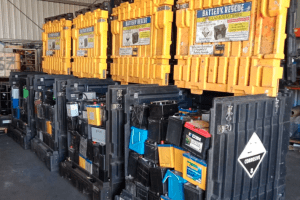Resource Minds, a social and emotional wellbeing program for all mine sites
Do you have a mental health and suicide prevention program on your site?
Is it well-intentioned but ad hoc? Do you have various providers and organisations delivering health and wellbeing, mental health and safety programs such as EAPs, medics, psychologists, counsellors, or padres?
If so, are the your initiatives comprehensive, sustainable and integrated into your safety systems and policies?
Would you comply with a CODE OF PRACTICE for mentally health workplaces as proposed in Western Australia?
If you have trouble answering any of these questions, read on.
Mental distress is significantly more prevalent in the remote mining and construction workforce than in the overall Australian population. The results of the Resource Minds’ Wellbeing and Lifestyle Survey highlight the need to address the factors that contribute to mental distress in workers and to reduce the stigma associated with mental health problems.
High levels of mental distress were associated with workers aged 25 – 34 years and workers on a 2/1 roster. Workers who reported stress specific to the work expected of them, stress in their current relationship and financial stress were at significantly higher risk of high mental distress. Workers who felt stigma was an issue on site were at the greatest risk of high levels of mental distress.
These findings have informed the development and expansion of Resource Minds, a comprehensive mental health awareness and suicide prevention program especially tailored for the industry which can be integrated with companies’ workplace health and safety initiatives over the long term.
What do workers on mine sites think about mental health?
An overwhelming number of workers believe that mental health is an issue in the mining industry and should be addressed like physical health and safety. More than that, over 95% of workers believe that there is a stigma surrounding mental health in the workplace.
“Knowing the facts of symptoms and signs and being straight to the point is very useful and helps in getting message out there” Sparky, WA
How does a workforce respond to a mental health program?
The majority surveyed “took away” something positive from the mental health program, in particular, they understood that mental health issues were more common than they realised, that there is nothing to be ashamed of if they had an issue and it really helps if they to talk to someone.
Everyone thought that having essential information on mental health and emotional wellbeing helped them understand and better deal with their own mental health.
“It gave me a decent understanding and where to get help if I ever needed it” Jumbo operator, SA
Most workers believed that the Resource Minds toolbox talks including the videos were very engaging, effective and helpful.
“I learnt more about mental health as it was more in depth than others I have attended.” Shift boss, WA
We were interested to learn that over 70% indicated that they had recently spoken to a family member or a workmate about mental health – either their own or their family or mates.
“I now have a better understanding how to approach people and what to say” WHS Manager, WA
These results suggest that workers are actively using the information obtained throughout the program to offer support to their family and workmates, not to mention a better a understanding of how to look after their own wellbeing and where to seek support if they need it.
Over 80% of survey participants thought that the company which had committed to the Resource Minds program and facilitated the roll-out was a better employer as a result of addressing mental health and suicide prevention in the workplace.
The above evaluation results indicate that the participants felt the following objectives of Resource Minds program were met:
- raise awareness and understanding by providing basic mental health information
- ensure workers are able to recognise problems in themselves, family and friends sooner rather than later and talk about it
- encourage everyone to take responsibility for their own mental health
- make the connection between mental health and personal safety
- encourage workers to access support and to seek help early.
Resource Minds includes a comprehensive range of collateral and support:
- Mental Health for Leaders Training and Handbook for managers, supervisors and WHS advisers
- A Passport to Mental Health in Mining, Resources and Remote Construction booklet for every employee
- Suite of 13 Toolbox talks including accompanying videos
- Toolbox Talk Presenter’s training and Presenter’s Guide
- Site visits by RRMH staff to deliver training and Toolbox Talks
- Onboarding handbook for new employees
- Posters and flyers promoting key mental health messages
- Survey and evaluation of the Program’s outcomes.
For those who are in positions of responsibility on mine sites, it’s possible you will find changes following the implementation of Resource Minds, for example:
- being able to identify risks to mental distress and manage them better
- improved morale and reduced staff turnover
- reduced absenteeism and presenteeism
- a safer, healthier, more resilient workforce
- greater empathy and understanding
- ultimately, increased productivity
- and, of course, compliance with WHS legislation and eventually, with a Code of Practice for mentally healthy workplaces
The evaluation of Resource Minds suggests that most workers on mine sites appreciate the information about signs of mental distress and suicidal behaviour, the associated risk factors and how to cope with their lifestyle. We also know that they feel they have more confidence to talk to someone about how to get help for themselves, their family or a mate, thereby breaking down the stigma of mental distress and preventing a potential mental health issue.














Add Comment